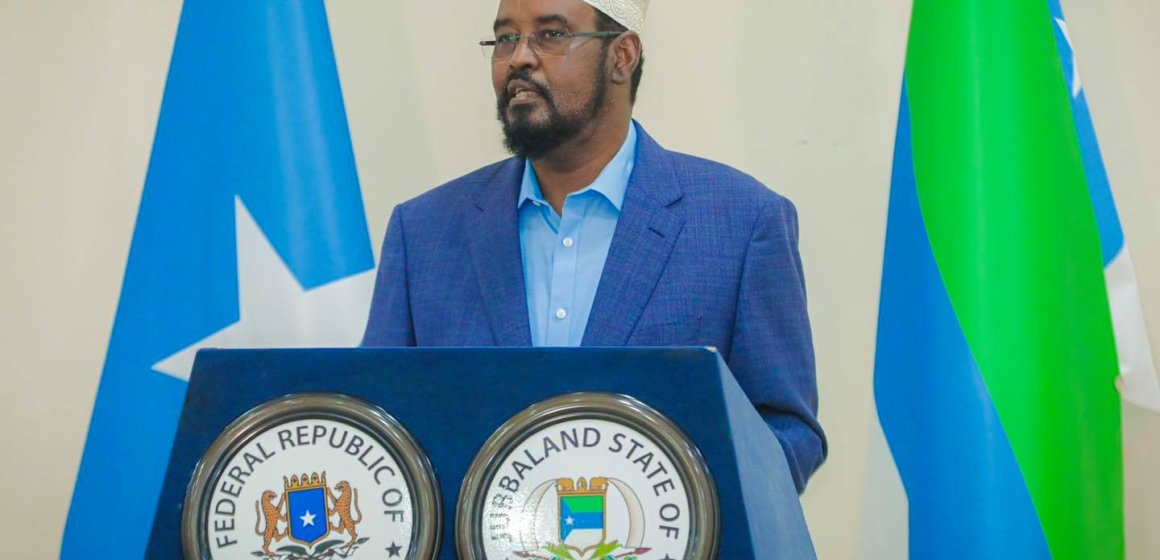|
LISTEN TO THIS THE AFRICANA VOICE ARTICLE NOW
Getting your Trinity Audio player ready...
|
A brewing political storm between Somalia’s federal government and Jubbaland, one of its semi-autonomous states, reached new heights on Thursday as Jubbaland declared a suspension of all cooperation with Mogadishu.
The rift, sparked by disputed regional elections, has thrown the country into yet another political crisis, exposing deep fractures in Somalia’s federal system. Jubbaland, a fertile region bordering Kenya and Ethiopia, is a cornerstone of Somalia’s economy and security. Its capital, Kismayo, is not only a vital port but also a focal point of geopolitical interest due to its proximity to a contested maritime area believed to hold valuable oil and gas reserves. For years, Jubbaland’s leadership has sought to assert its autonomy, often clashing with Somalia’s central government in the process.
The latest flashpoint came on Monday when Ahmed Mohamed Islam Madobe was re-elected as Jubbaland’s president for a third term. The elections, conducted without input from the federal government, were swiftly condemned by Mogadishu. President Hassan Sheikh Mohamud’s administration accused the Jubbaland leadership of bypassing constitutional protocols, escalating an already tense relationship.
On Wednesday, Mogadishu’s courts issued an arrest warrant for Madobe, charging him with treason and revealing sensitive state information to foreign powers. In a striking counter-move, Jubbaland issued its own arrest warrant for President Mohamud, accusing him of corruption, constitutional violations, and fueling clan rivalries. By Thursday, Jubbaland had officially cut ties, calling Mogadishu’s actions “a betrayal of federal principles.”
“This decision is not taken lightly,” read a statement from Jubbaland’s state house. “We can no longer cooperate with a government that undermines the federal system, stokes division, and jeopardizes the fight against extremist groups threatening Somalia’s stability.”
The standoff has reignited fears of renewed violence. Both Mohamud and Madobe command significant military forces, and Mogadishu has already deployed additional troops to Jubbaland, ostensibly to stabilize the region. However, analysts view the move as an attempt to reassert federal control over Jubbaland, which has historically resisted such overtures.
This is not the first time Jubbaland has found itself at odds with Mogadishu. In 2021, it joined other regional states in opposing then-President Mohamed Abdullahi Mohamed’s attempts to extend his tenure, nearly triggering an armed confrontation. Jubbaland’s insistence on greater autonomy mirrors similar tensions in Somaliland, another semi-autonomous region that has pushed for full independence.
The Jubbaland crisis highlights the fragility of Somalia’s federal model. Designed to balance power between Mogadishu and its regions, the system has instead become a source of conflict, with federal and regional leaders often prioritizing personal power over national cohesion.
Mogadishu’s Information Minister, Daud Aweis, downplayed the severed ties, stating that the judiciary would handle the matter. “This is a legal issue, and we trust our courts to resolve it,” he said, though he declined to comment further on the escalating political fallout.











LEAVE A COMMENT
You must be logged in to post a comment.